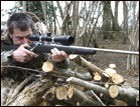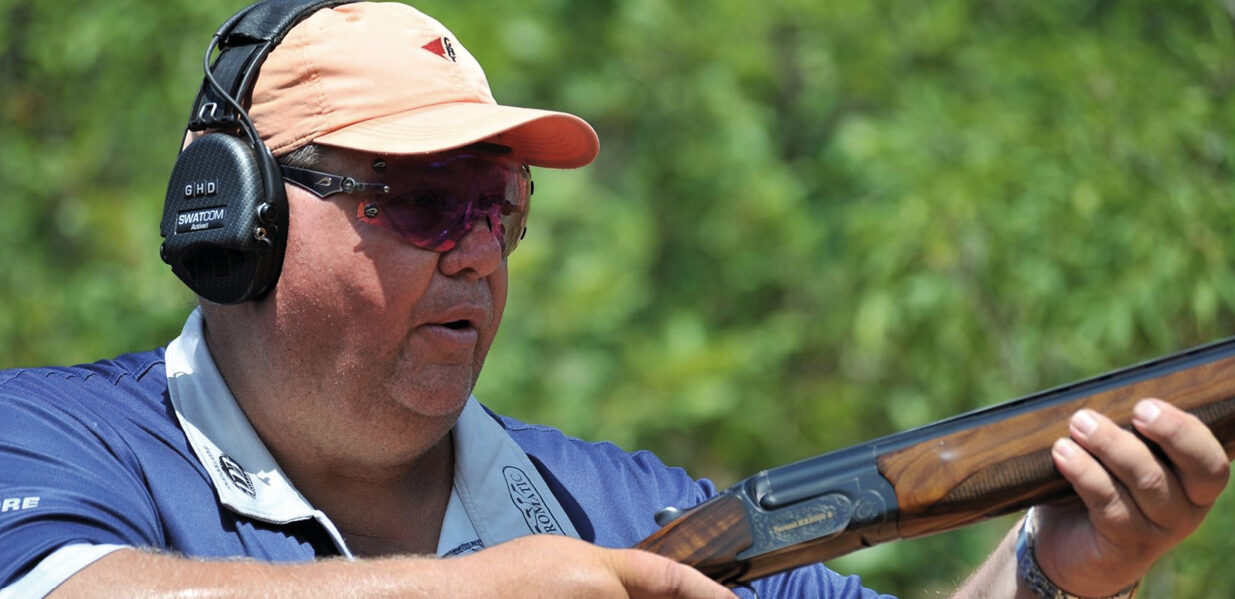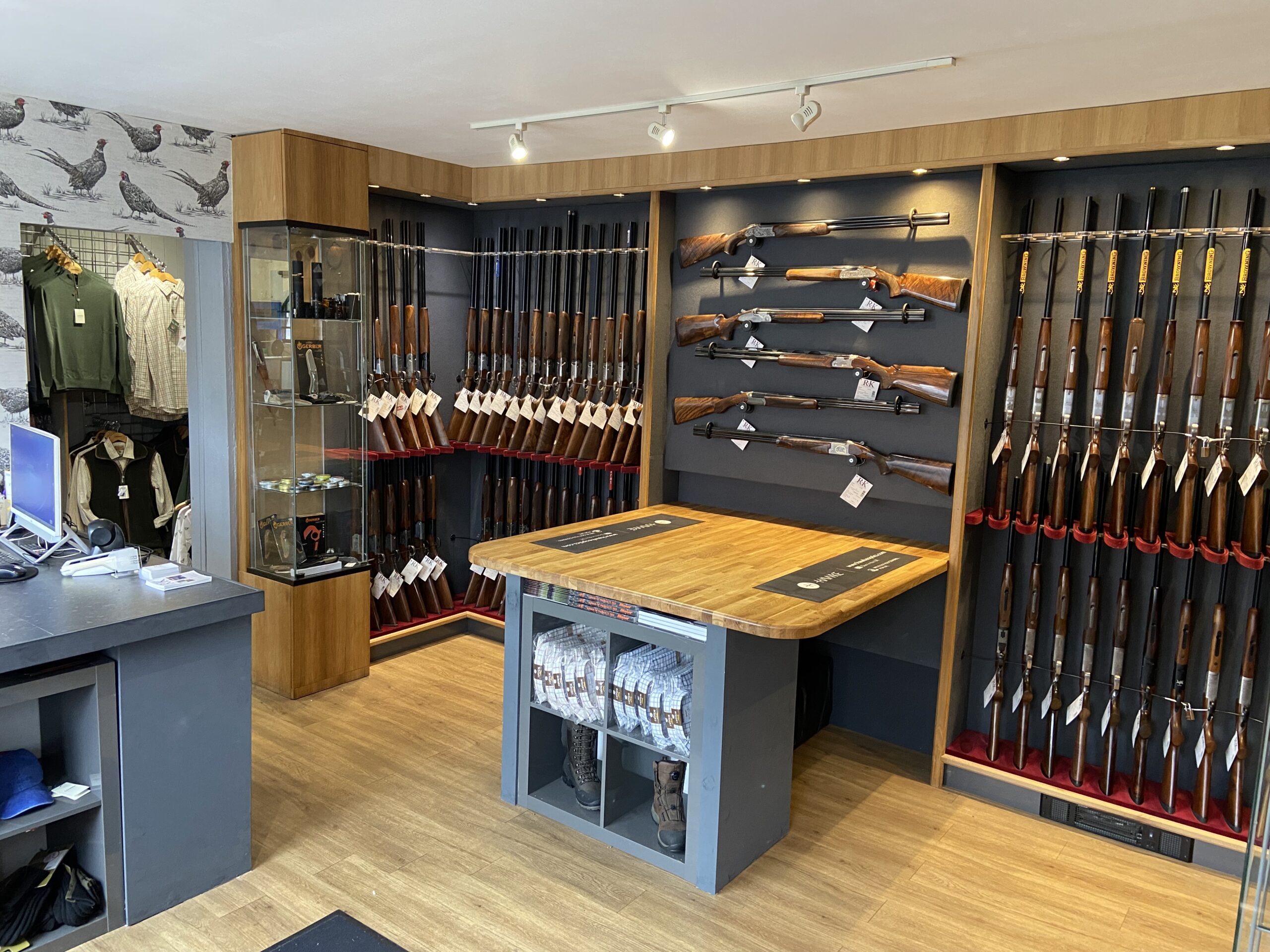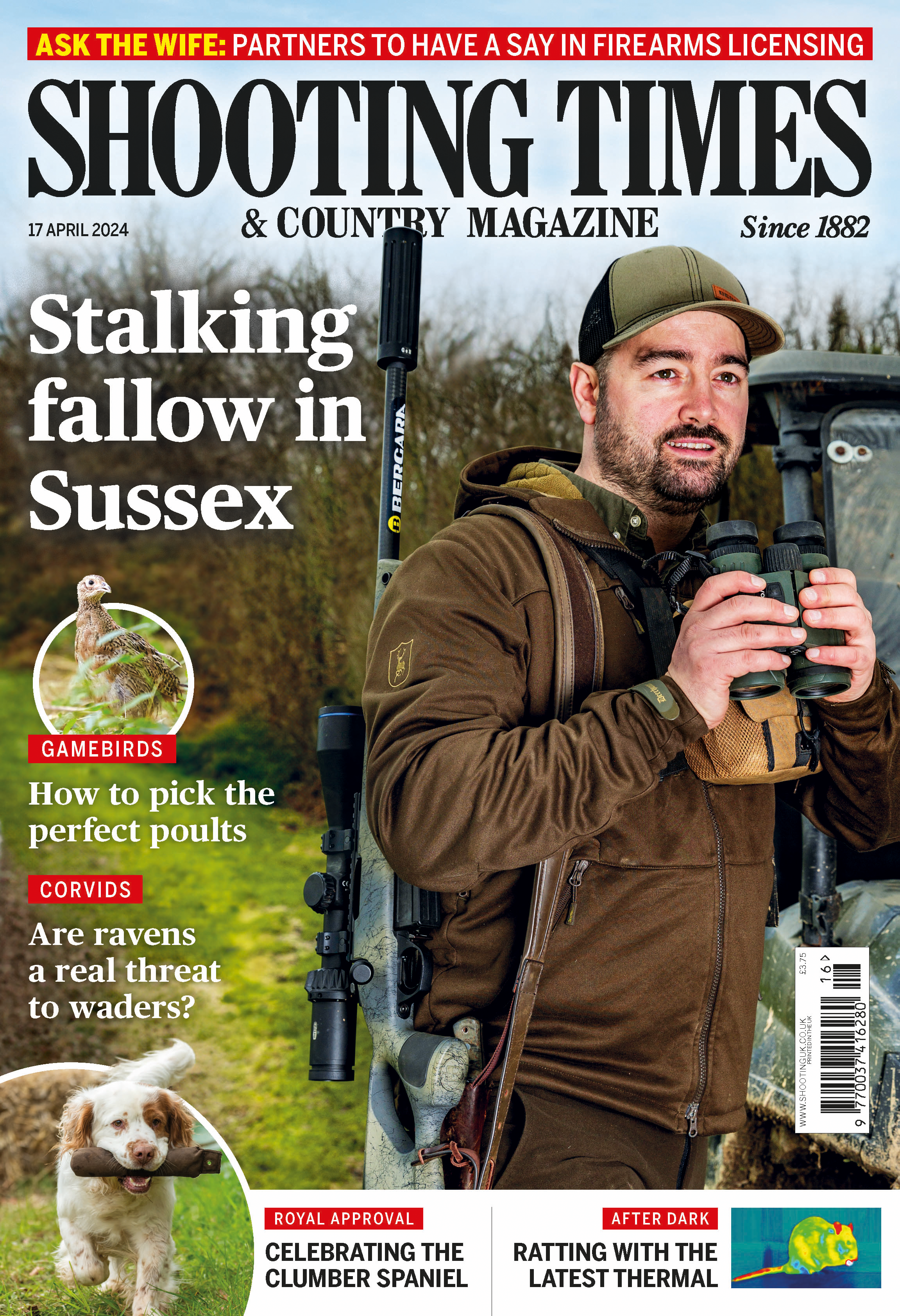What does the BDS do for you?

The British Deer Society (BDS) was formed as an offshoot of the Mammal Society as a direct result of the appalling treatment meted out to deer, particularly roe, in the aftermath of World War II. The emphasis on agricultural production at that time resulted in efforts to control deer that were singularly inhumane. Snares were used and deer driven to shotguns. Large and small deer were, in essence, treated as vermin.
Several members of the Mammal Society with a particular interest in the welfare of deer decided to form their own group as they wished to lobby politically. Their aims did not sit comfortably with other members of the Mammal Society and thus, in 1963, the BDS was formed as a charity to protect deer in Britain by raising public awareness of welfare issues through education, research and political lobbying.
I recently visited the BDS?s new headquarters at Burgate Manor, in Hampshire, where I interviewed David Kenyon, newly appointed as area director for England and Wales. David, formerly employed by BASC, has only been in the job a month or so but, with the invaluable assistance of BDS general manager Sarah Stride, he is already well ahead with his brief and, as he told me, determined to help ensure that the BDS enhances its role in the welfare of deer.
I wanted to know the major concerns facing the future of Britain?s deer. David pointed out that, as a result of the current agricultural policies, linked to aspects of conservation, this country is turning into a vast deer park. ?There is,? he said, ?ample food, conservation headlands and good cover so that deer have never had it so good. The result is that while all species have been extremely successful, they are increasingly moving into the public arena, often with negative results, such as road traffic accidents and damage to crops and forestry. The BDS?s aim is to promote positive management to ensure a healthy population, and to make sure that deer never again assume vermin status.?
Laudable aims, but the membership of the BDS, at 6,500, is relatively small and has remained at this level for some time. What, I asked, is the breakdown in membership and how do you counter accusations that the BDS is a stalkers? rather than a deer managers? organisation? This is where David has been employed to make a difference. ?One of my tasks is to increase BDS membership.We estimate that 80 per cent or so of the membership (i.e. about 5,000 members) actively stalk, either as recreational stalkers or professional managers. The remainder are largely interested in scientific aspects, photography, filming or simply are supporters of our aims.
?As far as recreational and professional stalkers are concerned, the last survey showed that we have both groups, as well as affiliated management groups, so we are a very broad church and in terms of the training we provide it?s very much focused on management.?
This led me to ask whether the BDS is in favour of compulsory training for stalkers. It does heavily promote the DSC courses. David was, however, equivocal on this one. ?I?m not trying to avoid the question,? he replied, ?but in terms of compulsory training we don?t have an official view. Yes, we certainly promote our own courses and we believe that individuals should be properly trained so that they can fulfil their management remit. One must remember that, once shot, deer is venison and goes into the food chain, so helping to pay for deer management, so it?s vital that members should be trained and understand the meat regulations. The BDS is primarily a charity dealing with the welfare of deer, rather than an organisation for stalkers, so it?s a regulation from within rather than anything being imposed on members.?
DEFRA?s consultation on deer management and control has, it seems, raised several contentious issues. Is DEFRA, I asked, prepared to accept the BDS recommendations in relation to the proposed changes to the 1991 Deer Act? ?Fundamentally,? said David, ?there?s been a great deal of co-opeation between the members of the Deer Initiative in terms of the submissions they have made, and we are all in agreement with many of the proposals, so it?s likely that DEFRA will accept the majority of our suggestions. However, there are some areas of disagreement. The prime point of contention revolves around the use of .22 centrefire calibres for managing the smaller deer species, as already permitted in Scotland.
?The BDS view is that the current calibres available for use in England and Wales cover the full range of deer species. The .243, currently the most commonly used calibre for deer management, will cope with all species, though one may wish to use a large calibre such as a .308 or .270 for red deer and sika. A roebuck can easily weigh as much as a small fallow, for which .22 calibres are considered insufficiently powerful. In addition, this move must also increase the temptation to shoot the larger species illegally.?
Does the BDS co-operate with the three staghound packs operating in the West Country within the terms of the Hunting Act? ?We recognise the history associated with the staghound packs and we are prepared, as an organisation, to co-operate with all forms of deer management. There are strong arguments, on both sides of the fence, concerning the effect staghunting has on deer, but the evidence is inconclusive. We will co-operate within any legal management methods and, provided the three packs act within the realms of the law, we will support them.?
I posed the question of muntjac to David. How can the BDS prevent them being treated as vermin in the light of calls for the use of shotguns to control them? ?Muntjac are definitely not vermin. We are providing them with a wonderful habitat and that?s why they are doing so well. If they are to be controlled then it must be with a rifle. The use of a shotgun cannot be condoned. Many people, in fact, welcome muntjac as a sporting opportunity and you must remember that from our perspective their welfare is a prime consideration, but they should, of course, be included in any management plan.?
Do you consider the BASC deerstalking section as a rival in terms of duplication of effort, I asked? David was adamant no rivalry exists between the two organisations and pointed out that the BASC is a membership organisation, whereas BDS is a charity primarily interested in the welfare of deer. ?There are areas of deer management where our interests are similar, but we have a close liaison with BASC and agree on most things,? he said. ?Would you,? I queried, ?be in favour of more technical articles on rifles and ammunition in the Deer Journal??
?The Deer Journal was seen as a scientific tome and was often not an easy read,? David admitted. ?Editorial changes have been made now that Graham Downing is the editor and we think we have a pretty good magazine. A survey shows a high level of satisfaction. There are still scientifically based features, but we now include articles on ballistics, choice of kit and so on because they reflect the wide interests of our membership.?








